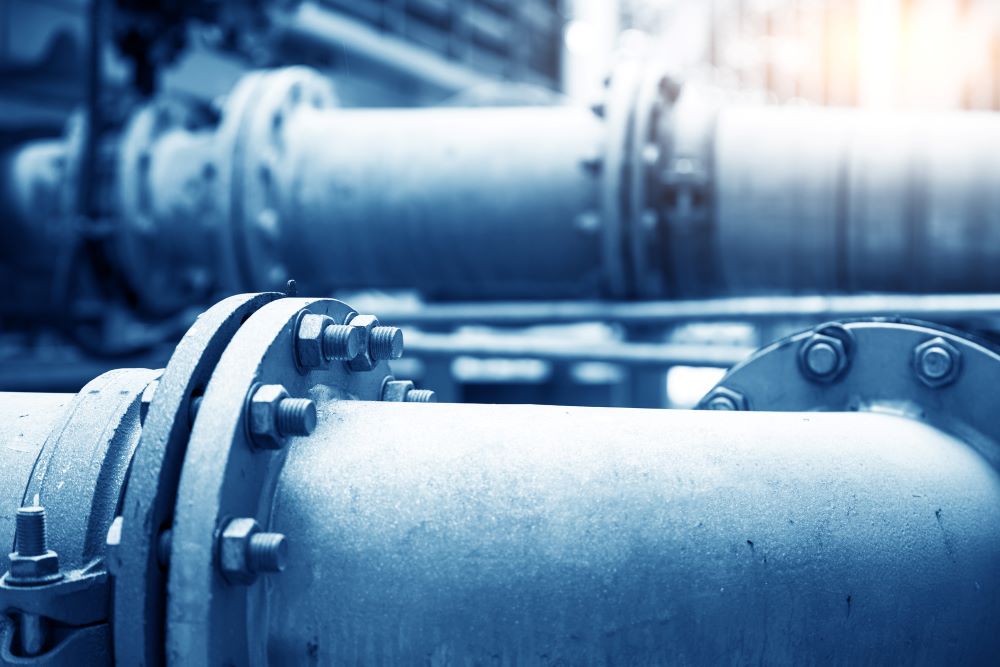EDMONTON, AB, – Following the completion of critical repairs at the E.L Smith Water Treatment Plant, and stabilization of the water distribution network, EPCOR has ended the ban on non-essential water use in Edmonton and the Capital Region.
“We are deeply grateful for the support of customers in Edmonton and across the region this week,” said Frank Mannarino, Senior Vice President of EPCOR Water Services. “Together, your efforts saved more than 100 million litres of water, which helped us keep the water system running while we made critical repairs at one of Edmonton’s two water treatment plants. Every drop helped.”
“We know that for many residents and businesses there was a significant impact, particularly for those who had to reduce or halt operations,” Mannarino said. “I would like to express our deep appreciation to the owners and workers at affected businesses, including car washes, laundromats, and many of our largest water customers, and hope that all residents will support these businesses going forward.”
Residents, business owners, large water users, and regional partners worked together to conserve water this week. Cumulative water consumption since the restrictions were announced has been about 109 million litres lower than typical levels, and included collaboration on significant reductions by the largest water customers in Edmonton and by regional customers who represent more than 90 municipalities.
The conservation efforts, combined with the restoration of partial pumping capacity at E.L. Smith within 24-hours of the initial incident, helped ensure that Edmonton and the region remained supplied with essential water services throughout the incident, and that there was no interruption to fire protection and drinking water services.
The restrictions on non-essential water use were implemented as part of EPCOR’s emergency management plans following an outage in the electrical system inside the E.L. Smith Water Treatment Plant. The electrical system powers the four pumps that move potable water from the plant into the distribution network. The activities involved in the repairs are described in the attached backgrounder.
In addition to public communications, more than 300 businesses with high water usage and non-essential operations were directly contacted by EPCOR team members, and EPCOR met with many of the region’s largest water customers from industries such as brewing, manufacturing and animal processing as they adapted their operations.
EPCOR’s people continued to apply their technology and resources to ensuring water quality throughout the emergency, continuing to provide clean, safe drinking water.
EPCOR will be reviewing the outage experienced at the plant, including an assessment of the demand management measures taken and plans to provide an initial update to Edmonton’s Utility Committee on March 4, 2024.









